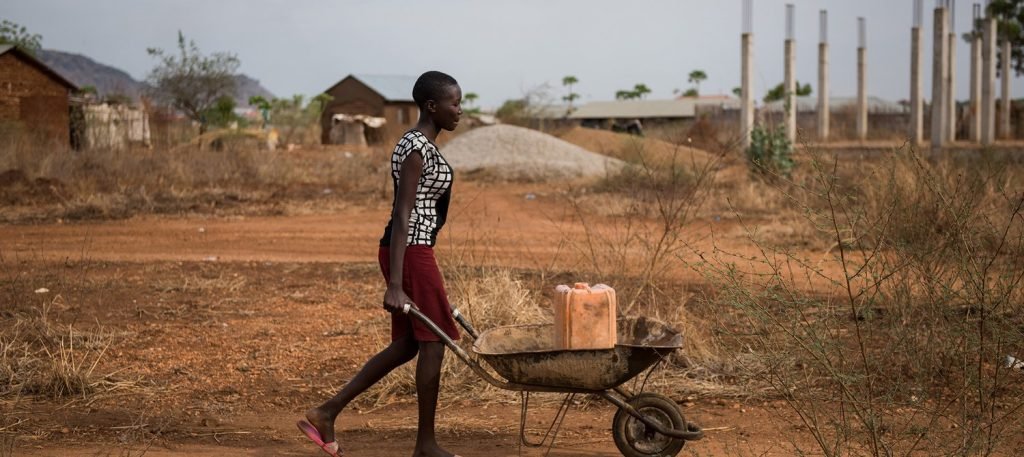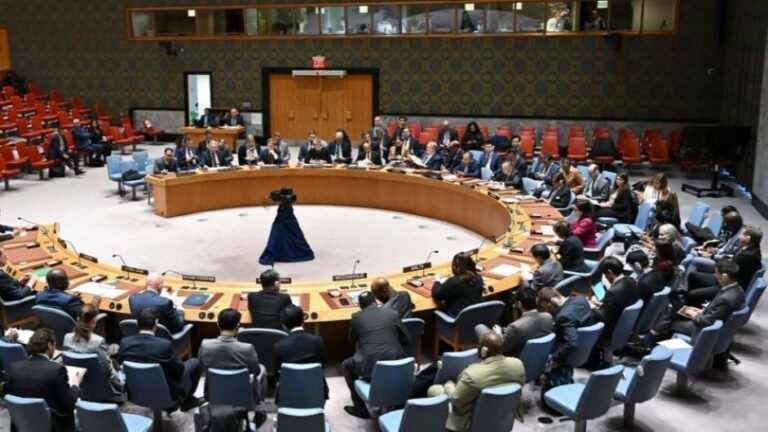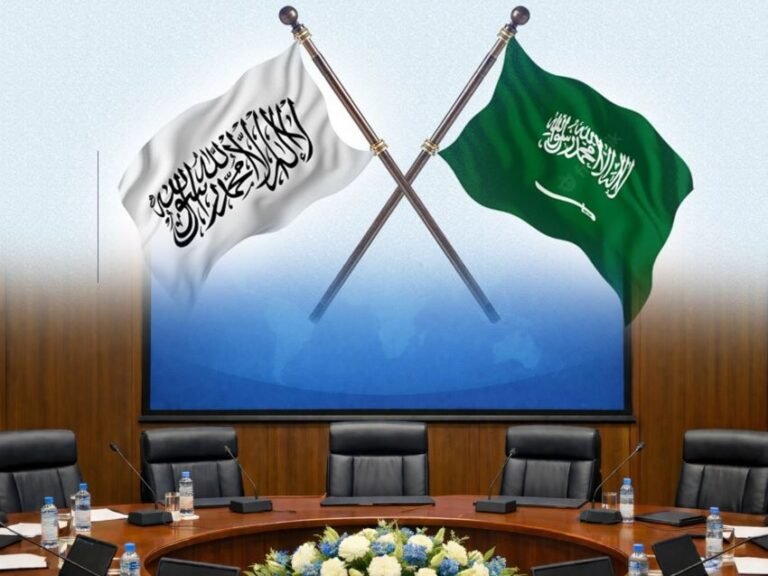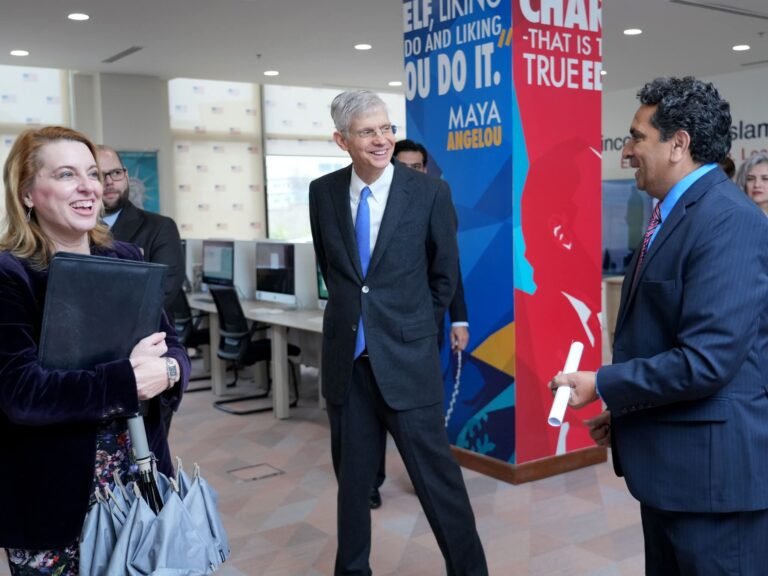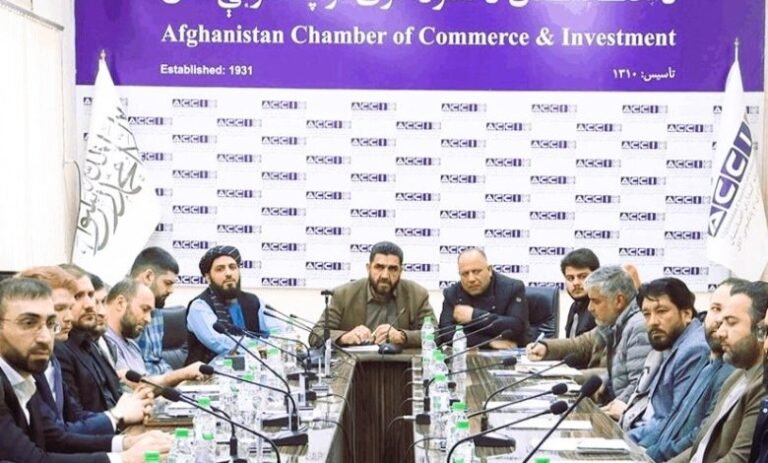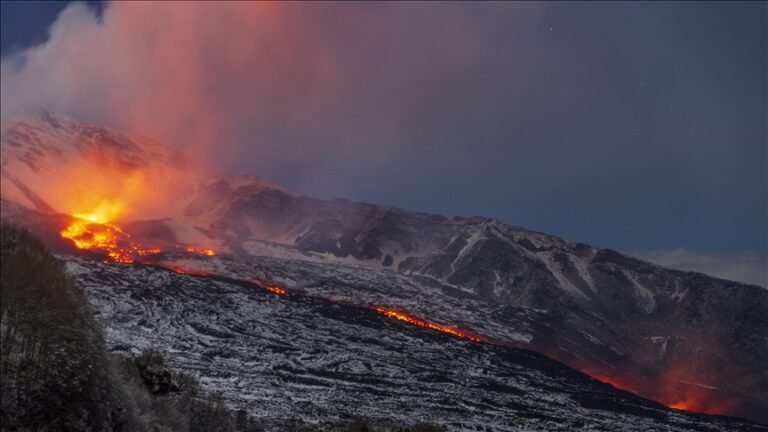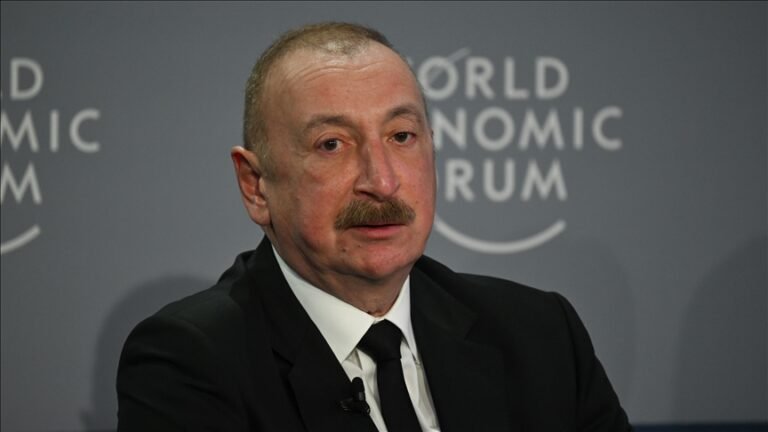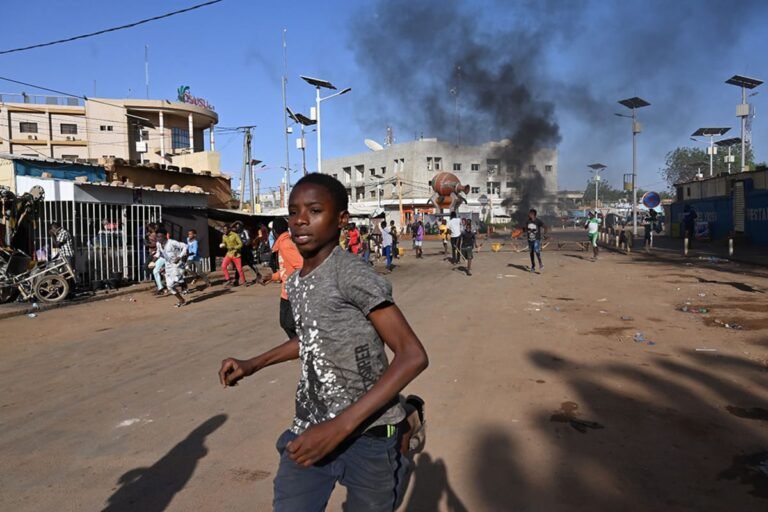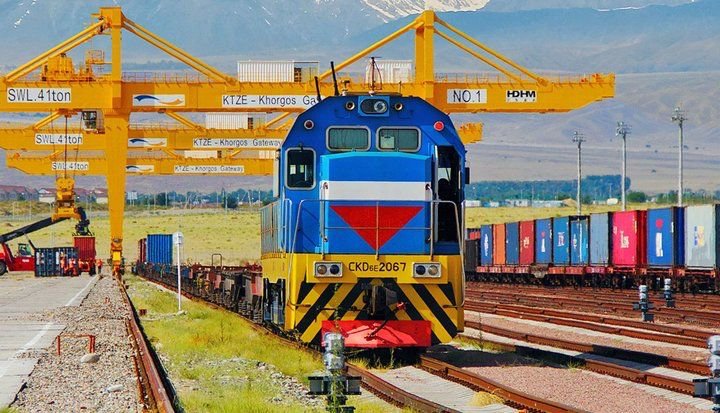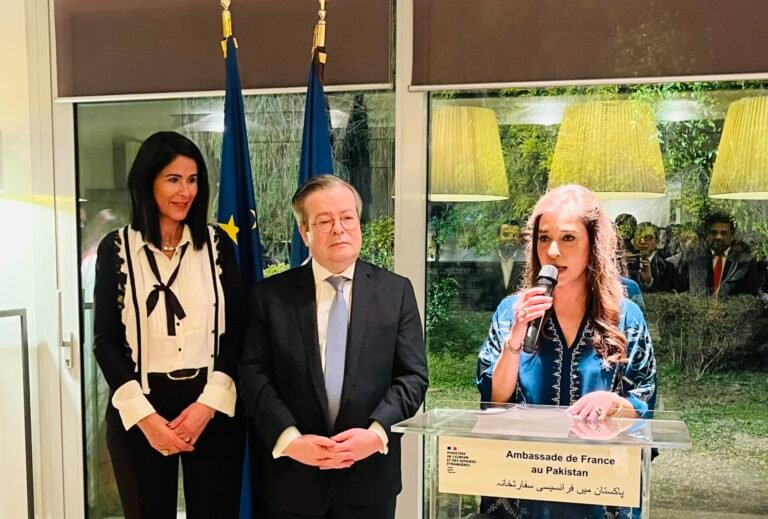London, 3 August 2022 (TDI): The Horn of Africa is currently experiencing one of the worst water crises in the century after nearly two years of drought. The water crisis is affecting the region and placing 18.6 million people at risk of food insecurity and malnutrition.
After nearly two years of drought, the Horn of Africa is facing one of the largest water crises this century.
Existing water points have dried up or become unsafe, leaving at least 11.6 million in #Ethiopia, #Kenya and #Somalia without sufficient access to safe water. (1/2) pic.twitter.com/Ni2Ld3gcMj
— WaterAid Global (@wateraid) August 2, 2022
According to the UN, since the drought began in October 2020, existing water points have dried out. This has led to leaving at least 11.6 million people in Ethiopia, Kenya, and Somalia without enough access to water for their survival.
Furthermore, the Water Aid report states that millions of women and girls in the Horn of Africa are feeling the severe effects of the ongoing drought in the region.
As they have to trek farther to gather water, it raises the likelihood that girls will experience sexual abuse, miss school, or perhaps stop attending altogether.
Millions of girls and women across the Horn and East Africa region are feeling the deep impact of the ongoing water crisis in the region, as they have to walk longer and further to collect water. It’s high time for #ClimateAction!https://t.co/vQ7hHdp0PU #WaterAidEastAfrica
— WaterAid East Africa (@WaterAidEA) August 3, 2022
Discernment by the Regional Director for Water Aid
As per, Olutayo Bankole-Bolawole, Regional Director for Water Aid in East Africa, the water shortage has made women’s day-to-day life considerably harder.
Women and girls are typically responsible for domestic tasks, water collection, and caring for the family so they tend to face the repercussions the most.
In the same vein, he insisted that the climate crisis aggravates the pervasive gender inequality which is playing out in Horn.
Henceforth, to assist people in adjusting to the effects of climate change and prevent a generation of girls from needing a lifetime to recover, the world must take immediate action.
Additionally, everyone benefits from having access to clean water close to home, especially women, to be more resilient to climate change. Consequently, people can remain healthy, attend school, make a living, and be more self-reliant.
He further reiterated that Water Aid collaborates with Ethiopian women’s rights organizations to ensure that gender equality is ingrained in climate change policies.
The Director continued that this issue should severely concern the world, as it is occurring in the wake of the global COVID-19 outbreak. Clean water and straightforward practices like hand washing assist to prevent illnesses and keep people healthy.
Upraising Women’s issues on Global Platforms
Moreover, in the run-up to Africa Climate Week in August and COP27, Water Aid calls on wealthier countries to fulfill their COP26 commitments.
It has pleaded the countries to double their financial assistance to developing countries and to prioritize clean water for the world’s most climate vulnerable groups, particularly women.
Also read: Gabon to host Africa Climate Week
Conclusively, leaders at COP27 must offer women and girls a place at the table to guarantee an equal role in assisting communities to adapt to climate change.
Certainly, women should be first in the line for climate finance because they bear the greatest financial responsibility for the global warming catastrophe, they have done least to cause.

